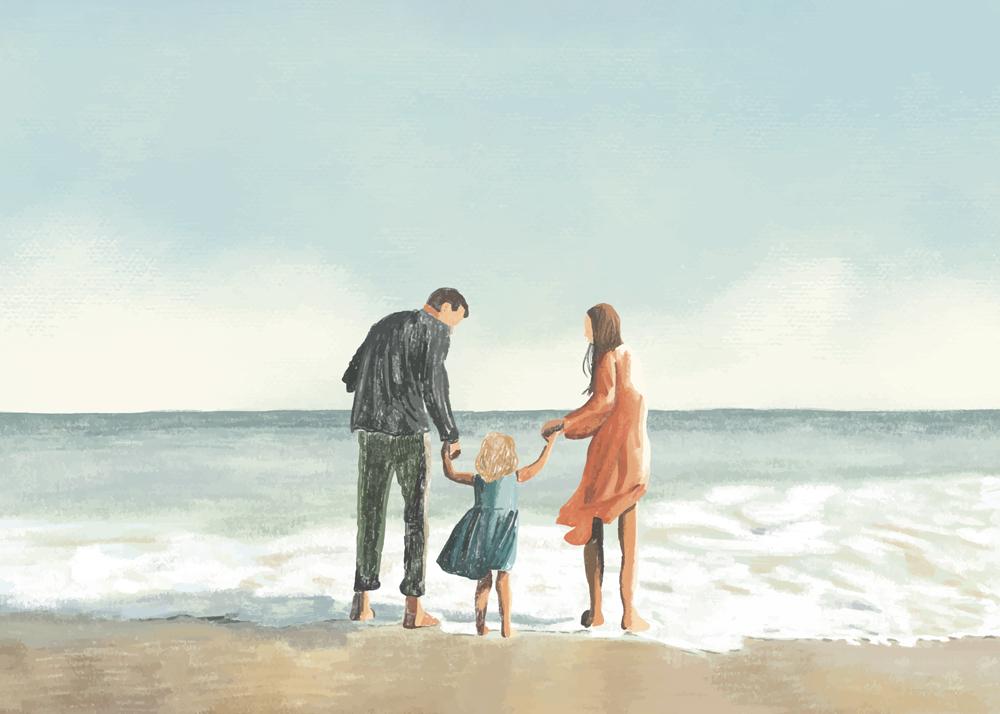“If you were anyone else, I would punch you in the face.” I stood there, holding my little girl, rather shocked by what I had just heard. I was a young teacher, and I had not had many dealings with parents and certainly never had one tell me he would punch me. Yet here stood one of my students’ parents, angry, ready to fight—how did we get to this point?
A few years later, as a new principal, I sat in a parent meeting. The teacher began rattling off all the ways this mom’s child was not “up to par” with where she should be. After a few seconds, the parent, clearly frustrated, simply said, “Do you have anything nice to say about my kid? Do you even like her?” Needless to say, the rest of the meeting was tense.





